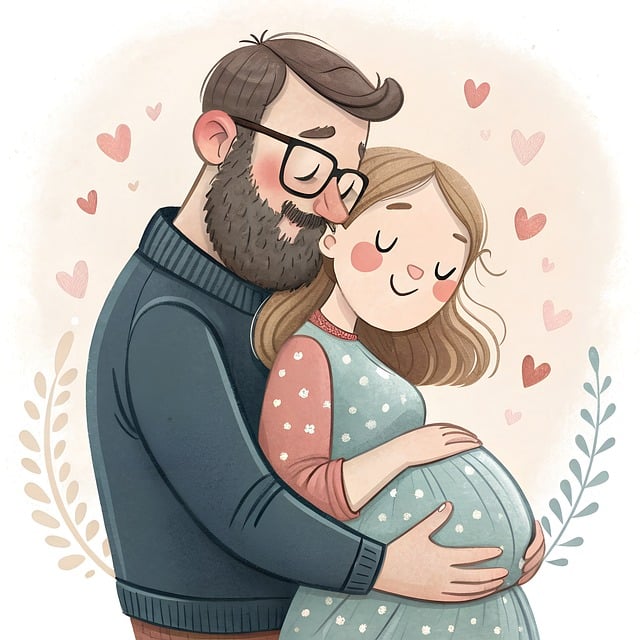You might be wondering, which came first—the stress or the infertility? Does it even matter?
“It’s a question we often ponder,” shares Emily Hart, a wellness coach specializing in fertility support. “There’s a common understanding that infertility brings stress, leading to anxiety and unhealthy habits. Recent studies are revealing a real link between stress levels and fertility issues.”
One such study from the National Institutes of Health showed that women with elevated levels of an enzyme called alpha-amylase had a 12% lower chance of conceiving. This enzyme acts as a marker for stress, making it clear that managing stress is crucial for those trying to conceive.
Emily notes that the anxiety surrounding conception can start even before couples seek help from a specialist. “For some, not getting pregnant after a few months can raise alarms, while others may feel a physical stress response almost immediately. For those already prone to anxiety, the quest to conceive can feel overwhelming.”
Interestingly, research has shown that stress affects individuals differently. In one study, monkeys subjected to stressors like isolation or diet changes exhibited various responses related to ovulation. Some stopped ovulating altogether, while others continued to menstruate without ovulating.
When couples decide to consult a fertility expert, Emily points out that just taking that step can alleviate some stress. “Acquiring knowledge and understanding can be a huge relief for many.”
To support couples, Emily and her team offer initial counseling sessions to prepare them for the treatment ahead. These sessions go beyond mere education; they utilize techniques such as guided imagery, cognitive restructuring, and meditation to help patients identify their stress triggers and develop coping strategies.
One particularly challenging phase for those undergoing fertility treatments is often referred to as “the two-week wait.” After weeks of frequent appointments, couples find themselves in a limbo where all they can do is wait to see if they’re pregnant.
Sadly, many people only seek support after several unsuccessful attempts. By that point, they often feel defeated and overwhelmed. Another common time for seeking help is during what Emily describes as “the treatment crossroads,” when couples must decide whether to try a different approach or consider adoption.
Emily emphasizes the importance of reaching out for help sooner rather than later. “We encourage individuals to seek support while still working with their gynecologist or shortly after their first consult with a fertility expert. Ideally, starting three months prior to treatment can allow the body to respond positively to stress relief techniques.”
The services available for stress management include nutritional counseling, yoga, and acupuncture. Emily believes it’s essential for individuals to find what resonates with them personally. “If yoga doesn’t appeal to you, perhaps acupuncture will. Just begin wherever you feel comfortable. Acknowledging the difficulty of this journey is often the first step toward finding peace and possibly enhancing fertility.”
Both Emily and wellness coach Sarah Lee agree that there’s no quick fix for stress. It requires a commitment to making lifestyle changes and adopting new perspectives on the challenges of infertility.
Support groups and workshops can be invaluable for those facing these struggles. You can find an array of resources designed to help you through your fertility journey. For more insights into what to expect, check out this informative post on pregnancy and parenting. And if you’re looking for more information on home insemination, this resource provides great guidance.
In summary, while the journey through infertility can be daunting, understanding stress’s role and taking proactive steps can make a significant difference. Reaching out for support early on and engaging in stress-reduction practices can enhance your experience as you navigate this challenging path.

